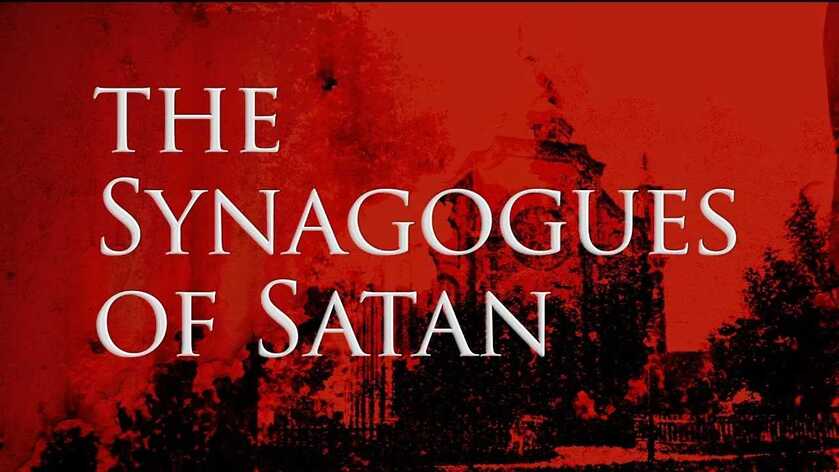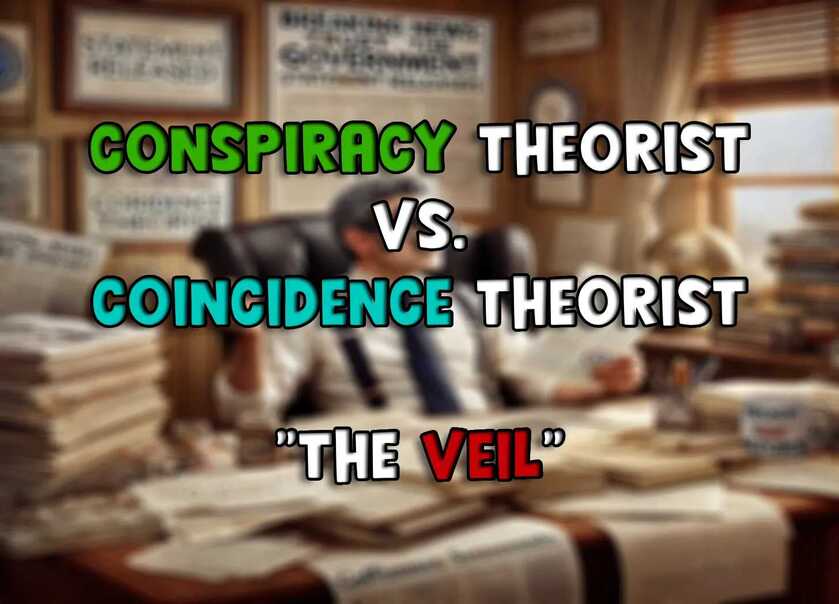
What does The Bible Say?
John 8:31-44
Then said Jesus to those Jews who believed in Him, “If ye continue in My Word, then are ye My disciples indeed.
And ye shall know the truth, and the truth shall make you free.”
They answered Him, “We are Abraham’s seed, and were never in bondage to any man. How sayest thou, ‘Ye shall be made free’?”
Jesus answered them, “Verily, verily I say unto you, whosoever committeth sin is the servant of sin.
And the servant abideth not in the house for ever, but the Son abideth ever.
If the Son therefore shall make you free, ye shall be free indeed.
I know that ye are Abraham’s seed, but ye seek to kill Me, because My Word hath no place in you.
I speak that which I have seen with My Father, and ye do that which ye have seen with your father.”
They answered and said unto Him, “Abraham is our father.” Jesus said unto them, “If ye were Abraham’s children, ye would do the works of Abraham.
But now ye seek to kill Me, a Man that hath told you the truth, which I have heard from God: this did not Abraham.
Ye do the deeds of your father.” Then they said to Him, “We are not born of fornication; we have one Father, even God.”
Jesus said unto them, “If God were your Father, ye would love Me, for I proceeded forth and came from God; neither came I of Myself, but He sent Me.
Why do ye not understand My speech? Even because ye cannot hear My Word!
Ye are of your father the devil, and the lusts of your father ye will do. He was a murderer from the beginning, and abode not in the truth, because there is no truth in him. When he speaketh a lie, he speaketh of his own, for he is a liar and the father of it.
~ John 8:31-44 (21st Century King James Version)
Revelation 2:9
I know thy works and tribulation and poverty (but thou art rich), and I know the blasphemy of them that say they are Jews and are not, but are the synagogue of Satan.
~ Revelation 2:9 (21st Century King James Version)
Revelation 3:9
Behold, I will make them of the synagogue of Satan, who say they are Jews and are not, but do lie — behold, I will make them to come and worship at thy feet, and to know that I have loved thee.
~ Revelation 3:9 (21st Century King James Version)



















